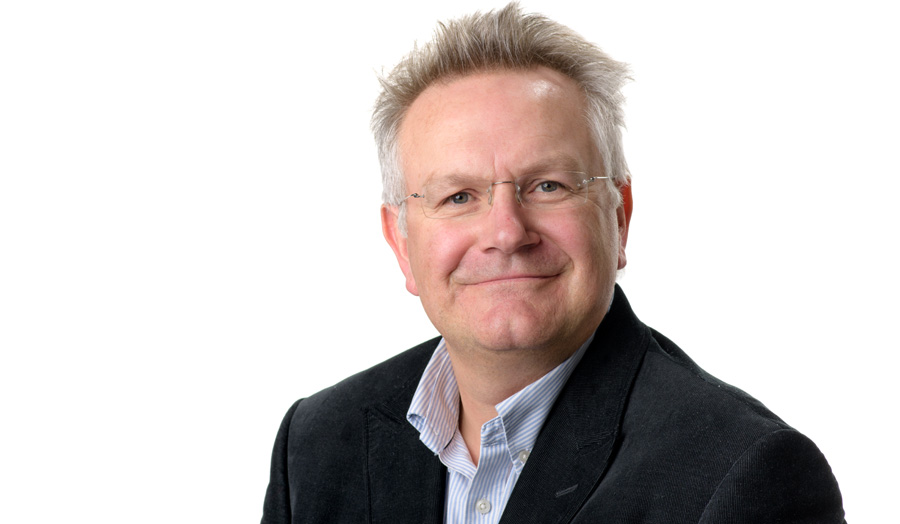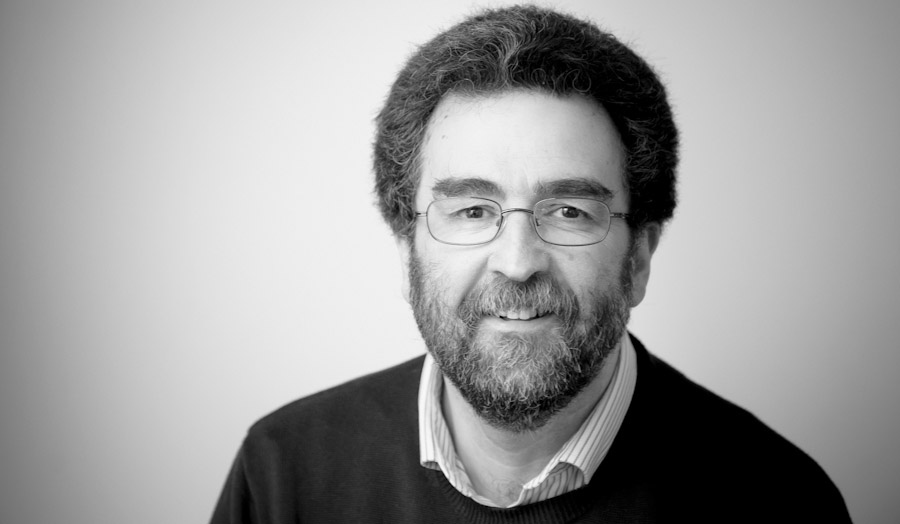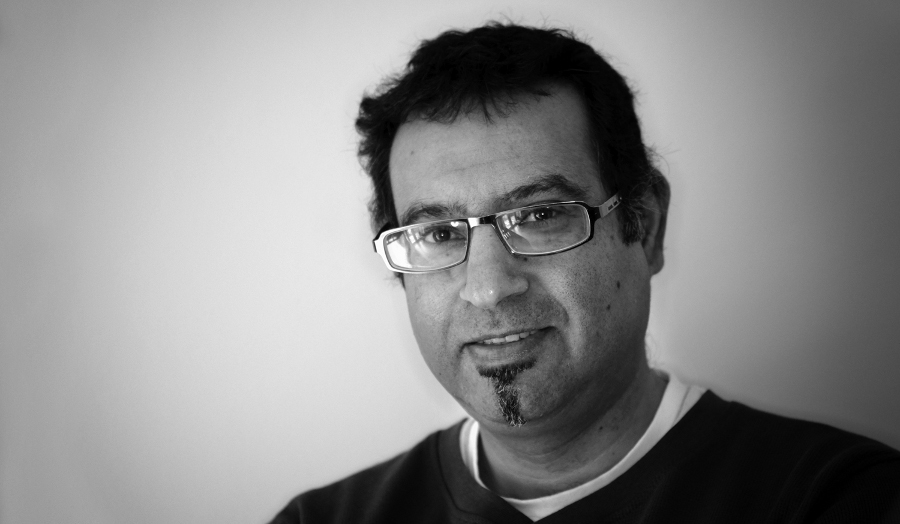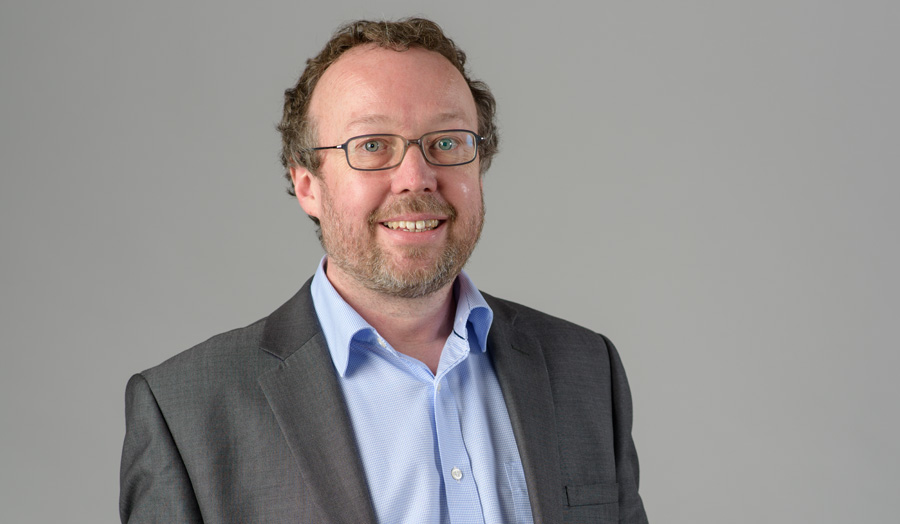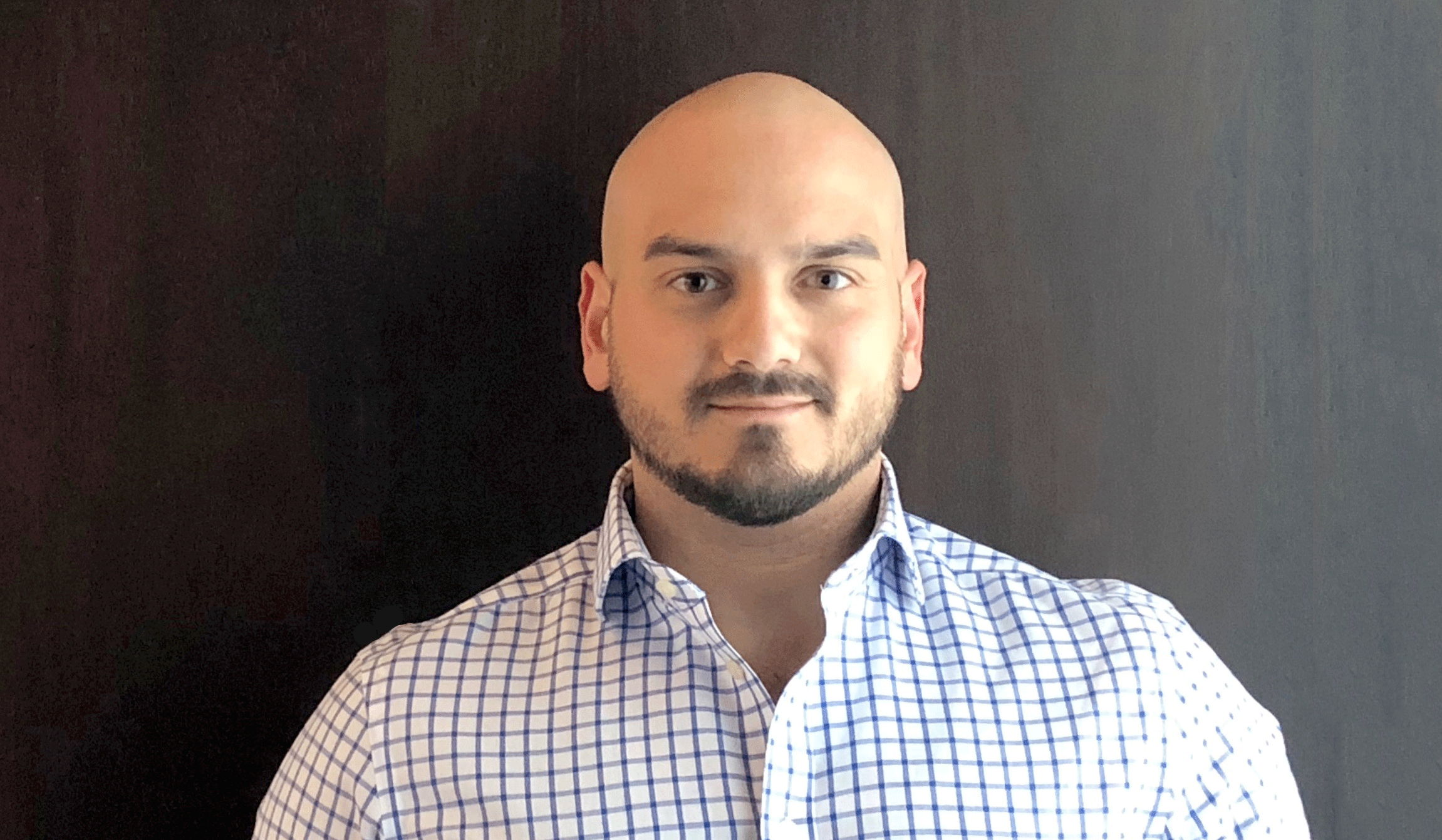Apply for this course
Please select when you would like to start:
If you're a UK applicant wanting to study full-time starting in September, you must apply via UCAS unless otherwise specified. If you're an international applicant wanting to study full-time, you can choose to apply via UCAS or directly to the University.
If you're applying for part-time study, you should apply directly to the University. If you require a Student visa, please be aware that you will not be able to study as a part-time student at undergraduate level.
If you're applying for a degree starting in January/February, you can apply directly to the University.
Apply to us for January 2025
If you're a UK student or an EU student with settled or pre-settled status applying for January 2025, you can simply call our hotline on 0800 032 4441 or complete our fast-track online application form.
Why study this course?
Examine the relationship between historical events, politics and social issues such as poverty, power, gender and race on our International Relations and Politics BA (Hons) degree.
You’ll have the freedom to explore the social movements that interest you. This could be anything from #MeToo, #BlackLivesMatter or the Stonewall riots that started the fight for LGBTQIA+ rights in the United States.
Choose your own speciality
You’ll have the freedom to explore the social movements that interest you, which could be anything from #MeToo to #BlackLivesMatter to the Stonewall riots that started the fight for LGBTQIA+ rights in the United States
Fifth in London for student satisfaction
Our politics courses are ranked fifth in London for overall student satisfaction in the Complete University Guide 2025
Gain industry expertise during a work placement
Because you're studying in London, you can secure work experience at thinktanks, non-governmental organisations (think Amnesty International) or international embassies
Course modules
The modules listed below are for the academic year 2024/25 and represent the course modules at this time. Modules and module details (including, but not limited to, location and time) are subject to change over time.
Year* 1 modules
Year 2 modules
Year 3 modules
After Empire: Regions and Powers in World Politics
This module currently runs:spring semester - Thursday afternoon
(core, 15 credits)
In historical perspective, the period since the end of World War II is very distinctive. Following the process of decolonisation, nearly every person in the world today resides in a sovereign state, in contrast to previous eras when different forms of political community coexisted. However, despite the uniformity of contemporary world politics, there are great variations across different regions, especially regarding the nature and dynamics of peace and conflict.
On this module you will explore the process of the dissolution of the European empires and examine the security dynamics left in their wake, focusing on the period since 1945. Through the study of key regions of the world, such as the Middle East, sub-Saharan Africa, Latin America and South Asia, you will learn about the patterns of conflict which have emerged and how they have evolved, as well as identifying the key differences between security dynamics across the regions, concerning regional powers and the involvement of the global powers. You will also learn about the legacies of empire among the former imperial powers of Europe, which have come to form one of the more peaceful regions in the world.
Read full detailsConflict and Diplomacy Since 1945
This module currently runs:autumn semester - Thursday afternoon
summer studies - Monday afternoon
(core, 15 credits)
On this module you will explore the historical development of the international system since the end of the Second World War, focusing on the relations between the major powers in the international system, the conflicts they became embroiled in and their diplomatic efforts to contain or resolve them.
You will learn about the origins of the Cold War, how it developed and evolved and how it was brought to a peaceful conclusion, before moving on to examine the nature of the post-Cold War international system.
The module will introduce you to the application of some of the key concepts related to conflict, such as war, civil war and insurgency, nuclear deterrence, new wars and humanitarian intervention, as well as those relating to diplomacy, such as summit diplomacy and negotiation. You will also explore the role the United Nations has played in working to maintain international peace and security since 1945.
Read full detailsGlobal Wealth and Inequality: An Introduction to International Political Economy
This module currently runs:summer studies - Tuesday morning
autumn semester - Monday morning
(core, 15 credits)
This module introduces general debates in International Political Economy (IPE) about the relationship between politics and economics that shape our understanding of global issues and challenges. If focuses on how these global issues and challenges are addressed by relevant international actors and bodies and its consequences in terms of the distribution of global wealth and the persistence of inequality. Students will learn different theoretical and methodological approaches to the study of International Political Economy, the International Trade regime, and the main debates on International Development.
This module will provide students with introductory knowledge about the structure of global society with a focus on the economic dimension and the unequal distribution of wealth.
Read full detailsPerspectives from the Global South
This module currently runs:spring semester - Monday morning
(core, 15 credits)
This module on Perspectives from the Global South introduces debates on global issues with a focus on inputs emerging from non-Western context. Are global issues understood similarly by the Global North and the Global South? The module will consist of an introductory part on understanding the notion of Global South with a critical discussion of the subfield of Area Studies. Then, the main content of module draws from empirical case studies to address global issues such as gender, migration, and climate change.
Students, who have already gained knowledge in the first semester on core general themes of International Relations, will familiarise with the complexity of the world context by widening existing debates with perspectives from the Global South. In so doing, students will be introduced to the problem of global inequality derived from processes of colonisation and decolonisation.
The aim of this module is that students will critically reflect on global issues by gaining an understanding of the realities and experiences of those who are marginalised or have less power to set global agendas.
Read full detailsPolitical Science Concepts and Institutions
This module currently runs:spring semester - Wednesday morning
(core, 15 credits)
The principal aim of the module is to introduce students to the discipline of Political Science. It aims to examine some of its key concepts and a series of institutions that students may already be reasonably familiar with as citizens.
You will explore the basic theories and methods associated with the study of politics and introduces students to key concepts such as the political system, political culture and participation. You will then examine some of the key institutions of politics including political parties; pressure and interest groups; legislatures and executives. Other elements of Political Science including state constitutions; political economy and public policy and management contribute to the variety of topics covered to give students a broad introduction to some of the subject matter of the discipline.
It is a core module at certificate level for BA International Relations, BA International Relations (with Foundation Year), and BA International Relations and Politics degree courses.
Read full detailsUnderstanding the International System
This module currently runs:autumn semester - Monday afternoon
summer studies - Monday morning
(core, 15 credits)
The aim of this module is to introduce you to the study of International Relations as an academic discipline, enabling you to understand the development of the international system. You will consider some of the most important theories used in the study of international relations, and examine the development of the Westphalian system, the international political economy, and the role of transnational actors and international institutions.
The module will enable you to identify the key actors in the international system. You will consider the profound changes to the international system in the 20th Century, including two World Wars, the collapse of empires, and the Cold War, followed by the rapid pace and impact of globalisation and the challenges and benefits it created. The latter will include an examination of the current pushback against globalisation from nationalist movements and the possible return of Great Power politics in the 21st Century.
At the end of the module students should be able to make informed judgements about the evolution of the international system, current international affairs, and possible future developments.
Throughout the module students will be encouraged to explore how seemingly separate international relations theories, historical developments, institutional structures and events can impact on, and reflect, individuals’ lived experiences and how we are all part of the international system.
Read full detailsViolence, Peace and Progress: Issues in World Politics
This module currently runs:spring semester - Monday afternoon
(core, 15 credits)
The broad aims of this module are to introduce you to some of the most important issues the international community faces and to enable you to think as problem-solvers and practitioners.
You will examine topics such as terrorism, race, gender, poverty, the environment, nuclear proliferation, migration, genocide, human rights and humanitarian develop. You will consider the impact of these issues at the local, national and international level.
You will explore how the forces of globalisation have influenced many of the issues that we will look at, and consider how there has been a push-back against globalisation with the rise of strong populist movements, the dislocation of the pandemic, and the alleged return of Great Power politics. At the end of the module students should be able to make informed judgements about current international affairs.
Throughout you will consider how these impact on your own lived experience as a global citizen.
What is Politics For? Political Aims and Ideas
This module currently runs:autumn semester - Wednesday morning
summer studies - Tuesday afternoon
(core, 15 credits)
On this module you will be introduced to the main ideas underlying the study of politics focussing on discovering what are the dominant ideologies that have shaped politics and what are their principal contentions.
You will investigate the relationship between citizens and the state; the nature of the state; the principles of the main approaches to politics including conservatism, socialism, liberalism, anarchism, feminism, nationalism, and environmentalism; and the definitions and applications of rights and equalities.
Read full detailsParadigms and Politics: Research Methods and Models
This module currently runs:spring semester - Thursday morning
(core, 15 credits)
How is knowledge produced in the discipline of Politics and International Relations? What are the main research methods, models and tools which are employed to investigate political actors, issues and phenomena? And what are the consequences from the choices which are made in these regards? These are the key questions which you will explore on this module.
The module sits at a key point in the degree journey for students of Politics and International Relations. It enables you to deepen your understanding of your course, by reflecting not just on the findings of research, but also on the relative strengths and limitations of the research methods employed, while enabling you to develop a proposal for an independent research project, which can be used as the basis for the final year project you will be required to undertake.
You will be introduced to the main methodological approaches in the discipline, such as the use of statistics, case studies, primary sources of information, big data analytics and interviews, as well as some of the more practical aspects of research design, such as defining a research question and compiling an indicative bibliography.
Through this module you will develop an appreciation for the various research methods and techniques employed in the discipline of Politics and International Relations; be able to reflect on the relative strengths and weakness of these approaches; develop key research skills relating to designing an independent project; and become more aware of the ethical and political issues with framing and undertaking research projects.
Read full detailsPolitical Ideas in Modernity: Choices, Rights and Challenges
This module currently runs:spring semester - Thursday afternoon
(core, 15 credits)
This module traces the development of western political thought in the 20th and 21st centuries by investigating and criticising a series of key texts from the political economy of Keynes and Hayek to Peter Singer’s writings on animal rights and altruism. It places particular emphasis on the changing role of the state, and the relationship between citizens and the state; it encourages reflection on the meaning and practice of political concepts including rights, equality, liberty, and political participation.
You will be encouraged to:
1. understand the relevance of political theory to politics and international relations,
2. understand the different approaches to justifying and criticising political action,
3. explore the development of political ideas and theories,
4. develop an understanding of the theoretical underpinnings of current political
5. issues,
6. develop transferable skills in analysis of texts and ideas, articulation of arguments,
7. and presentation of research findings, as well as academic reading and writing.
Students wo wish to graduate with the BA International Relations with Human Rights pathway must take this module.
Read full detailsPolitical Ideas in Modernity: From Renaissance to Revolution
This module currently runs:autumn semester - Thursday afternoon
(core, 15 credits)
This module traces the development of western political thought in from the 15th to the twenty-first centuries by investigating and criticising a series of key texts from Machiavelli’s Prince to Karl Marx’s writing on revolution, and 19th century anarchism. It places particular emphasis on the changing role of the state, and the relationship between citizens and the state; it encourages reflection on the meaning and practice of political concepts including rights, equality, liberty, and political participation.
You will be encouraged to:
1. understand the relevance of political theory to politics and international relations,
2. understand the different approaches to justifying and criticising political action,
3. explore the development of political ideas and theories,
4. develop an understanding of the theoretical underpinnings of current political
5. issues,
6. develop transferable skills in analysis of texts and ideas, articulation of arguments,
7. and presentation of research findings, as well as academic reading and writing.
Theories of International Relations: Discipline and Diversity
This module currently runs:autumn semester - Tuesday afternoon
(core, 15 credits)
International Relations theory holds a central place in the discipline of International Relations. On this module, you will explore in depth and detail some of the most significant theories of world politics, which can be used to explain, understand or critique the nature and dynamics of the international system and how they condition the behaviour of states and other actors. You will explore both explanatory and critical approaches, the former seeking to explain how the international system operates, while the latter seek to transform the nature of world politics in one way or another.
A key theme running through the module is the tension between discipline and diversity. We will interrogate the theories on how open they are to alternative perspectives, interests and voices.
Read full detailsBritish Politics
(option, 15 credits)This module introduces you to an overview of the modern UK political system, reviewing contemporary constitutional and institutional developments both at theoretical and practical level. You will learn about the changing nature of the British politics post 1997 including the impact of devolution and subsequent constitutional reforms on national, sub-national and local political structures and processes. The aim of the module is to critically explore the UK political system in a comparative perspective, positioning UK developments within broader theoretical approaches and practice of contemporary international politics. Furthermore, you will familiarise yourselves with the operation and significance of institutions, actors and drivers underpinning internal and external developments in Scotland, Wales, Northern Ireland, England the UK as a whole.
The module will provide you with a theoretical context and perspectives that will help you understand 1) the role of political institutions and actors (the constitution, parliaments and legislatures, political parties, electoral system, executives, judicial power) and 2) key developments and challenges (i.e., the post Brexit sovereignty conundrum, nationalist movements and national identity, democratic quality and political participation, multi-level governance, reshaping local government and democracy).
You will combine empirical study with the application of a variety of theoretical approaches in the field of political science and international relations. This module anchors your knowledge and understanding of politics in the UK (systems, processes and current issues) within the wider field of politics and international relations.
Comparative Politics
This module currently runs:spring semester - Monday afternoon
(option, 15 credits)
This module providing an intermediate level examination of comparative politics - one of the key sub-disciplines of Political Science - and aims to:
• Equip students with the analytical and conceptual skills required for critical evaluation of comparative politics and its associated theories and models.
• Critically compare political, governmental and non-governmental concepts, structures and institutions both within and between states.
• Comparatively analyse politics, government and governance with reference to different actors and levels of government and governance.
• Develop the research and communication skills required for effective and informed presentation of knowledge, information and analysis by students in workshops, seminars and the summative report.
The subject matter will aid the development of critical skills which are transferable to a variety of contexts, thus assisting employability prospects. It is an optional module at intermediate level for the BA International Relations and Politics degree course.
Read full detailsContemporary US Politics
This module currently runs:autumn semester - Thursday morning
(option, 15 credits)
This module examines the structure, values and operation of the US government, including all its principles of exceptionalism, the major institutions and key actors. It examines the policy-making process, electoral politics and the roles of interest groups and the media. It also looks at some major areas of controversy within American politics, such as political ethics, gun control, healthcare (Obamacare), and race and immigration. In the wake of the election of the property-tycoon and celebrity Donald Trump as the President in 2016, it considers the impact of the celebrity politician, social media and cyber-activity in US political life. Trump’s refusal to countenance electoral defeat to Joe Biden in 2020 saw the 6 January attack on the Capitol building and an attempted to coup that has rocked the US political system with the rise of the rump of MAGA supporters and divisions in the Republican Party.
In particular, you will be able to:
1. Examine and analyse the structure and operation of the American government
2. Develop awareness of the domestic and international context in which US government makes policy
3. Raise awareness of, and enable informed engagement with, contemporary controversial and ethical issues in American government and public policy making
Read full detailsForeign Policy Analysis
This module currently runs:spring semester - Tuesday afternoon
(option, 15 credits)
One of the central questions for the sub-discipline of International Relations is to explain the behaviour of states in the international system. The module approaches this question from the perspective of foreign policy analysis, focusing on the decisions, structures and processes primarily but not exclusively within states that potentially produce international action or inaction. It examines models of, and approaches to, foreign policy decision making and analyses national and supra-national foreign policy.
You will examine the nature of foreign policy and the concept of the national interest; analyse potential levels at which foreign policy decisions may be made and explore models and theories of decision-making using real world examples. You will also examine a series of case studies of a wide variety of states and supra-national organisations from different political systems.
By the end of the module you should have a range of competencies that would equip you to engage in analysis of any foreign policy decision, be that historic or contemporary.
Read full detailsImmigrants and Nativists
This module currently runs:spring semester - Tuesday morning
(option, 15 credits)
The course offers students the opportunity to engage with a range of debates surrounding the politics of migration and diaspora studies in a variety of manifestations prevalent in the world in 20th and 21st centuries, combined with the rise of Nativist/Populist movements within the age of post-truth politics.
It looks at the present situation through a historical perspective, taking the current ‘refugee and migration crisis’ as a point of departure, and placing it in a global context. The module specifically focuses on the migration journey from departure to the country of residence, therefore from decision to migrate to diasporisation. The module will also scrutinise the rise of nativism in the shape of the populist far right promoting the interests of native inhabitants against diaspora groups, new citizens and cultural diversity.
Furthermore, the module will inform the students about large-scale refugee and diaspora population movements, and how such movements speak to issues of social justice, global inequalities, human and minority rights. Moreover, the social and economic consequences of migration on sending and receiving societies, as well as the different shapes of nativist opposition to migration and diasporas, will be discussed with different examples in various regions of the world.
The module is intentionally multidisciplinary and incorporates debates from international relations, history, sociology, anthropology, political science and geography. It seeks to answer a number of questions, including:
1. What are the effects of migration on both the states that receive immigrants and the states that send emigrants;
2. How policy-makers respond to these effects and why these responses vary from one country to another;
3. Are there similarities and differences between Nativist/Populist movements?
Students who wish to graduate with BA International Relations with Global Studies must take this module.
Read full detailsPolitics of the Middle East
This module currently runs:autumn semester - Tuesday morning
(option, 15 credits)
On this module, you will develop your understanding of politics in the Middle East. We will focus on developments across the region and place them in the context of contemporary international relations. In particular, the module aims to: explain the processes by which the states and societies of the contemporary Middle East were formed; explore the main ideological currents that have influenced the political development of the Middle East, particularly those inspired by religion and nationalism; and examine the international relations of the region, focusing on the sources of conflicts and the difficult relationship between the West and the Middle East.
The module is required for students following the Global South pathway on the BA International Relations.
Read full detailsThe Politics of the European Union
This module currently runs:spring semester - Wednesday morning
(option, 15 credits)
This module has three principal aims:
1. It will explore the historical origins of the EU and its predecessor bodies in the first two decades after WWII.
2. What agents and factors facilitated such a innovative development in European political history?
3. It will explore the political character of the Union. What sort of organisation is it in political terms? How democratic is it?
4. It will examine its principal policy outputs, including economic, monetary, social and foreign policies
The purpose is for students to gain a better understanding of the nature, inner workings, development, objectives and impact of a major regional organization which, since Brexit, is the biggest political, economic and military neighbour of the UK. This module thus not only helps students get a better sense of the EU, but also will allow them to understand better domestic political developments and the future course of economic and strategic policy of the UK, since these inevitably respond to developments in the EU.
In terms of applied policies, and especially the EU’s place in the world, the module will introduce students to critical perspectives concerning the rooting of European integration in post-imperial and post-colonial dynamics in European history after World War II, and invite them to reflect whether these still inform the EU’s actions and self-perception.
This is a module with a major professional payoff, not only in terms of developing crucial professional skills (research, writing etc.), but also in terms of introducing students to the workings of an expansive organization that provides many professional opportunities for politics graduates, whether in Brussels (for EU citizens) or in the UK for those analysing EU policies for government, think tanks, the private sector and universities.
Read full detailsThe Modern State: Democracy, Dictatorship and Beyond
(core, 15 credits)This module will provide students with an overview of the nature and functions of the modern state. This includes understanding its historical origins and evolution, but with a focus on its roles and responsibilities in the 21st century. It will examine how the modern state originated in Western Europe, but through political and economic processes (e.g., colonialism, globalisation) has since spread to become the dominant mode of political organisation in the world. Particular emphasis is placed on how forms of the state differ globally - from democratic to authoritarian - together with the impact this has on citizens in different parts of the world.
Its aims are to:
• Examine competing theories of the modern state.
• Evaluate the historical evolution of modern states.
• Compare and contrast the range of different types of state across the globe, from democracies to authoritarian states.
• Analyse the state in relation to contemporary 21st century issues, such as multiculturalism and citizenship, social welfare provision, and protest movements.
• Encourage confidence in the use of appropriate analytical, written and oral skills, to enhance students’ transferable skills and employability.
The Modern State: Progress, Protests and Power
(core, 15 credits)This module will provide students with an overview of the nature and functions of the modern state. This includes understanding its historical origins and evolution, but with a focus on its roles and responsibilities in the 21st century. It will examine how the modern state originated in Western Europe, but through political and economic processes (e.g., colonialism, globalisation) has since spread to become the dominant mode of political organisation in the world. Particular emphasis is placed on how forms of the state differ globally - from democratic to authoritarian - together with the impact this has on citizens in different parts of the world.
Its aims are to:
• Examine competing theories of the modern state
• Evaluate the historical evolution of modern states
• Compare and contrast the range of different types of state across the globe, from democracies to authoritarian states
• Analyse the state in relation to contemporary 21st century issues, such as multiculturalism and citizenship, social welfare provision, and protest movements
• Encourage confidence in the use of appropriate analytical, written and oral skills, to enhance students’ transferable skills and employability
Placement 1 Year
This module currently runs:all year (September start) - Monday afternoon
(alternative core, 30 credits)
This alternate-core module providing a vocational and advanced undergraduate research element for Politics and International Relations courses aims to:
1. Enable you to gain a useful experience of the working environment.
2. Enable you to enhance and extend your learning experience by applying and building on your academic skills and capabilities by tackling real life problems in the workplace.
3. Provide you with an opportunity to design a research proposal relevant to your placement.
4. Allow you to utilise research and analytical skills acquired during your programme of studies.
5. Enable you to undertake relevant research and write up findings in dissertation form.
6. Offer a medium for you to report upon your work placement experience.
Read full detailsProject 1 Semester
This module currently runs:spring semester - Monday afternoon
autumn semester - Monday afternoon
(alternative core, 15 credits)
This module providing an advanced research element for PIR undergraduate courses aims to:
1. Enable you to demonstrate an understanding of a complex body of knowledge, and be able to apply analytical techniques, problem solving and project management skills.
2. Enable you to synthesise skills and knowledge and apply them successfully to complex issues.
3. Provide an opportunity for you to design a research project relevant to their degree.
4. Allow you to utilise research and analytical skills acquired during their programme of studies.
5. Enable you to undertake relevant research and write up findings in dissertation form.
Read full detailsProject 1 Year
This module currently runs:all year (September start) - Monday afternoon
(alternative core, 30 credits)
This module providing an advanced research element for PIR undergraduate courses aims to:
1. Enable you to demonstrate an understanding of a complex body of knowledge, and be able to apply analytical techniques, problem solving and project management skills.
2. Enable you to synthesise skills and knowledge and apply them successfully to complex issues.
3. Provide an opportunity for you to design a research project relevant to your degree.
4. Allow you to utilise research and analytical skills acquired during your programme of studies.
5. Enable you to undertake relevant research and write up findings in dissertation form.
Read full detailsAction and Identity: Gender and Political Participation
This module currently runs:spring semester - Wednesday afternoon
(option, 15 credits)
The module introduces you to issues of diversity, equality and rights; it is designed to broaden your knowledge of political practice (parties, elections, systems of government and law-making) and to add to your understanding of how international governmental and non-governmental organisations work.
You will be introduced to the concepts of gender and patriarchy, and to feminist political and IR theories; it will encourage you to develop informed criticisms of mainstream political and IR theories and practices
Students who wish to graduate with BA International Relations with Human Rights must take this module.
Read full detailsAfrican Politics
This module currently runs:spring semester - Tuesday afternoon
(option, 15 credits)
On this module you will have the opportunity to challenge assumptions about the problems of contemporary Africa and its place in the world. In particular, the module aims to: examine the problems of African security and development through a broad approach, involving political, social and global perspectives; place Africa within the larger theoretical frameworks and approaches to international relations; encourage consideration of the relative responsibilities of Africans and those who promote or benefit from an unequal global system; and explore the complexities of problem-solving in this context. It will also consider the opportunities and challenges for African countries in the 21st Century.
Read full detailsGlobal Populism and the Crisis of Democracy
(option, 15 credits)The aim of this module is to introduce students to the concept and phenomenon of populism, perhaps the most talked-about topic in politics currently. is often used in a derogatory way to discredit opponents, while those considered as populists usually deny the characterization. Today, seemingly everybody and nobody is a ‘populist’.
Does it make sense to use this concept at all? How does populism help us understand important developments across the world–Trump, Brexit, Euroscepticism, the rise of Bolsonaro in Brazil and Modi in India? Although many associate populism with the far right and racist and patriarchal politics, can we also use populism to describe new modes of emancipatory mobilization like BLM protests? Is populism only an expression of ‘white angry men’ or can it be combined with feminism?
Populism is commonly associated with a divisive discourse, empty promises, reckless economic spending, personalistic leadership, and opposition to immigrants and international institutions like the EU. But contrary to these largely negative connotations of populism, there are other understandings in the literature that highlight its radical, emancipatory, democratic and inclusive character. Populism is also seen as a way to unite people ignored by the political system, and to challenge elites and vested interests.
The aims of the module are threefold:
- You will learn about the main understandings of populism in the literature, its different meanings and ways it is used in current political discourse.
- You will be able to see populism as a truly de-colonized global concept, going beyond West-centric perspectives of representative democracy
- You will learn about expressions of populism in all major world regions (Europe, Americas, Africa, Asia), developing important skills of comparative research.
Human Rights and Global Justice
(option, 15 credits)You will be invited to kindly participate in critical reasoning and debate about human rights, and thereby to acquire and advance understanding of their nature and of their social and political practice. Reasoning and debate will be facilitated by lectures and (by your own reading of recommended) texts informing you of scholarship on the theory and practice of human rights, on their origin, on the ideal of their universality, on their imperfect institutionalization, and on the challenges facing their actualization in a world of injustice, rival cultural and ideological traditions, domestic populisms and international conflict.
Students who wish to graduate with BA International Relations with Human Rights must take this module.
International Security Studies: Issues and Challenges
(option, 15 credits)Violence, civil wars, failed states, the proliferation of nuclear weapons, terrorism, climate change, mass migration, military invasions, cyber warfare, poverty and many other such words are rarely absent from the global media landscape. These phrases also seem to be a reflection of the world we inhabit today. They hint at the view that the use of force continues to be a key component of global politics but they are also an indication that non-military threats are increasingly challenging states and individuals. This increasingly broad range of threats has also challenged traditional theories and concepts of international security, and highlighted how this and the multifaceted structures of the international system are interlinked.
The module explores the conceptual and empirical meaning of security through a wide range of issues and topics ranging from the globalisation of crime, the impact of small arms, the role of intelligence to the impact of new technologies such as drones, the role that international collective defence organisations such as NATO play in global security, the challenges raised by mass migration, climate change and postcolonial ideas relevant to security.
The purpose is to investigate what these (and other) issues mean for security. It is clear that these problems must be solved by a means of a different set of policies, but the one thing they all have in common is that they are now all a function of security and therefore cannot be ignored.
The module will also encourage students to develop a range of important Generic Skills.
• The ability to communicate effectively in speech (the ability to work under pressure in seminars, where students must demonstrate the ability to respond to questions orally) and writing (writing an Essay and a Regional Report using commonly accepted standards of definition, analysis, grammatical prose, and documentation).
• The ability to work under pressure within specified time constraints, e.g., during seminar discussions and deadlines for all assessments.
• Research skills, including the ability to synthesise and analyse arguments, to read and understand texts on international relations, and to exercise critical judgement.
• The capacity to work independently, demonstrating initiative, self-organisation and time-management, as well as co-operating with other students to achieve common goals such as is achieved through group work during seminars.
International Security Studies: Theories and Challenges
(option, 15 credits)Security studies is a crucial discipline that examines the causes and consequences of threats to national and international security. Theories play an essential role in this field as they provide a framework for understanding security issues, assessing threats, and developing strategies to prevent or manage them. Security studies theories provide a conceptual framework for identifying the root causes of security threats, analyzing their impact, and devising appropriate responses. They also help policymakers and practitioners to prioritize security challenges and allocate resources effectively. In essence, theories are the building blocks of security studies, helping to bridge the gap between academic research and practical policymaking. Without a solid theoretical foundation, security studies would be reduced to a collection of ad hoc responses to security challenges, lacking coherence and direction. Therefore, the study of security theories is crucial for anyone seeking to understand security challenges and contribute to their resolution.
A consideration of the wide range of threats that face states and individuals is a difficult task. The module, therefore, engages with how theoretical understanding of security has evolved in the past decades beginning with an emphasis on traditional state-military centric approaches to showcasing the critical, feminist, constructivist and postcolonial turn within the discipline.
These theoretical developments are illustrated by additional analysis of key themes including the role of international organisations responsible with stabilising the international system along with an analysis of key issues affecting humanity – such as climate change, the proliferation of weapons of mass destruction and why war and the use of force continue to be a key feature of global politics.
The module will also encourage students to develop a range of important Generic Skills.
• The ability to communicate effectively in speech (the ability to work under pressure in seminars, where students must demonstrate the ability to respond to questions orally) and writing (writing an Essay and a Regional Report using commonly accepted standards of definition, analysis, grammatical prose, and documentation).
• The ability to work under pressure within specified time constraints, e.g., during seminar discussions and deadlines for all assessments.
• Research skills, including the ability to synthesise and analyse arguments, to read and understand texts on international relations, and to exercise critical judgement.
• The capacity to work independently, demonstrating initiative, self-organisation and time-management, as well as co-operating with other students to achieve common goals such as is achieved through group work during seminars.
Latin American Politics
This module currently runs:autumn semester - Tuesday afternoon
(option, 15 credits)
On this module, you will have the opportunity to explore in depth and detail the politics and international relations in Latin America. We will question the assumptions about contemporary Latin America as a region and its place in the world. In particular, the module aims to examine: the underlying political ideas and trends instrumental in shaping Latin American politics today, including the role of the USA; the internal politics of modern Latin American states and the role of these states within the region; the impact due to globalisation and the rise of political and economic importance of other developing regions; reflect on the complexities of problem-solving in this context.
Read full detailsPolitical Marketing in a Digital World
(option, 15 credits)This module will explore Political Marketing in the digital age. You will develop the skills and knowledge to pursue a career in political consultancy, political marketing, policy, strategic communications, research, and organisational strategy. You will encounter a range of topics, such as Public Affairs, digital marketing, target audience analysis, consumer behaviour analysis.
You will also learn how to construct a political marketing campaign using a range of tools, methods, and strategies, such as Search Engine Optimisation (SEO). You will learn the human side of political marketing, which will include stakeholder and client management. You will also look at ways to successfully formulate initiatives that address issues impacting an organisation or society, such as the Covid crisis.
To this end, you will develop a range of skills, including critical thinking, communication skills, interpersonal empathy, teamwork, digital/IT, research, presentation and writing skills. The module is interdisciplinary, with a focus on developing communications specialists that can holistically address global issues.
The module assessment takes a group learning approach. You will work as a team to develop a communications campaign of your choice and present it to the module team.
South Asia in the Global Context: Borders, Mobility and Transformations
(option, 15 credits)This module seeks to provide an understanding of contemporary South Asia by highlighting the region’s broad connections to other parts of Asia and the rest of the world. South Asia is a traditional regional division of Area Studies, but area studies approaches tend to consider regions as geographical spatial containers rather than as open zones characterised by constant exchange.
This module considers South Asia as a space which can be studied through the exploration of its connections to other places and regions. Apart from providing students with a knowledge of the main political developments in this region, this module attempts to contribute to a critical reflection on space and spatial configurations in international politics. The latter will be carried out by providing centrality to the study of socio-political developments from a South-South perspective with an emphasis on issues migration, borders and citizenship, and with a focus on ongoing political transformations.
This module aims at:
1. Provide students with a good understanding of main historical and political developments of the South Asian region since independence
2. To identify key regional issues and challenges that have consequences for global politics
3. To critically reflect on the nation state as a main actor in international politics by highlighting the political dimension of transnational linkages and relations
4. To widen students’ knowledge about politics of the Global South
Students who wish to graduate with BA International Relations with the Global South must take this module


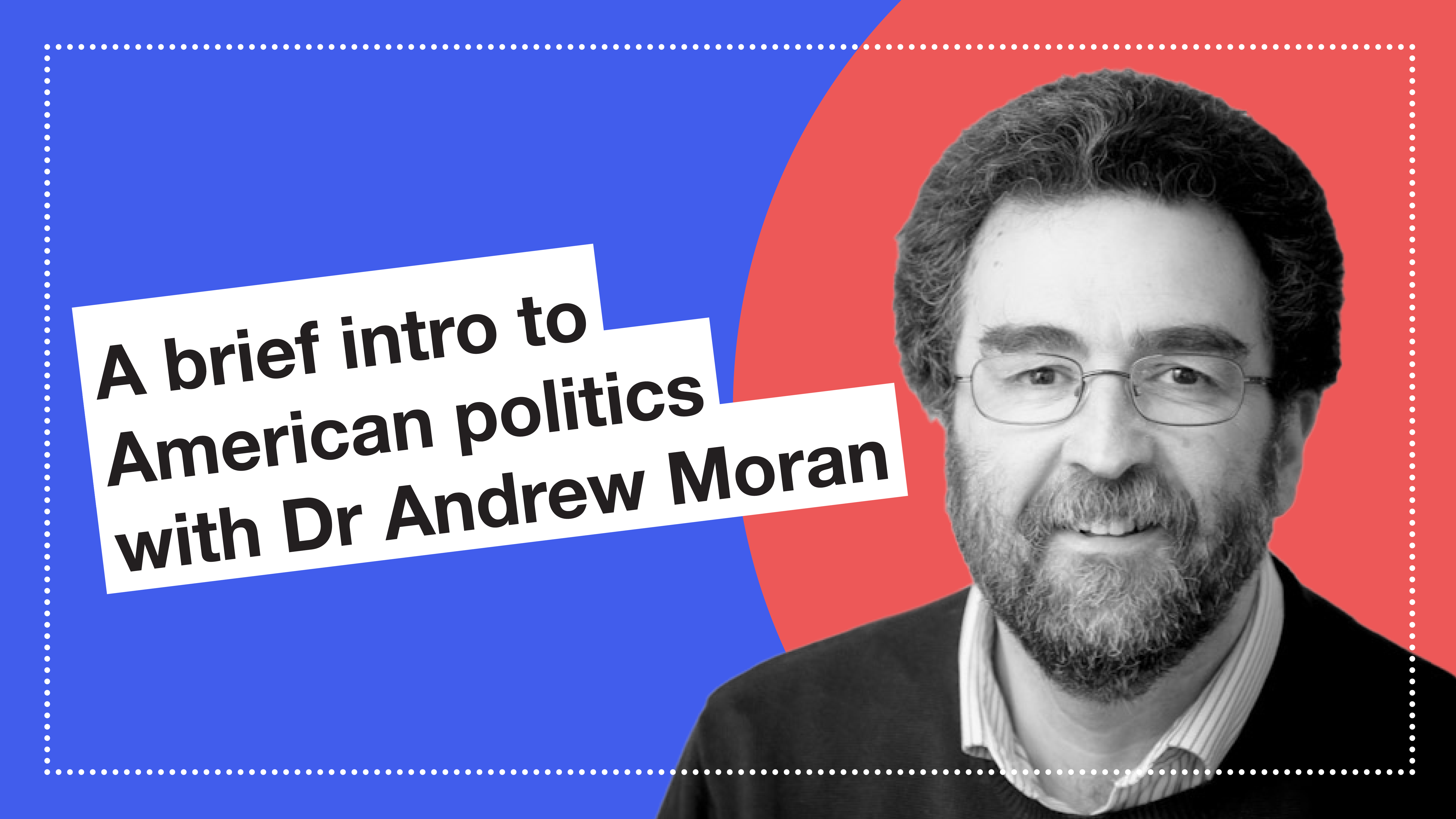

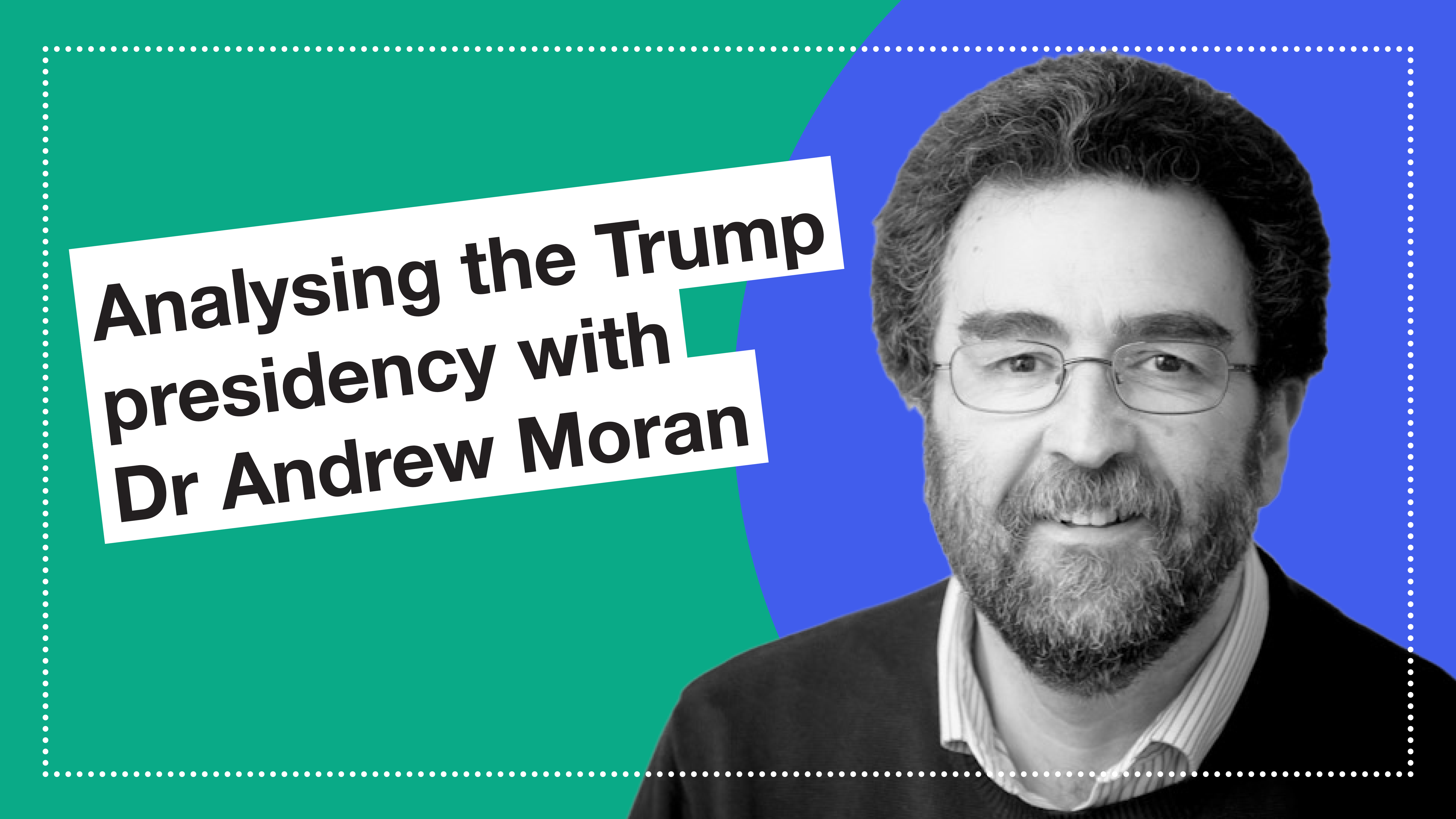
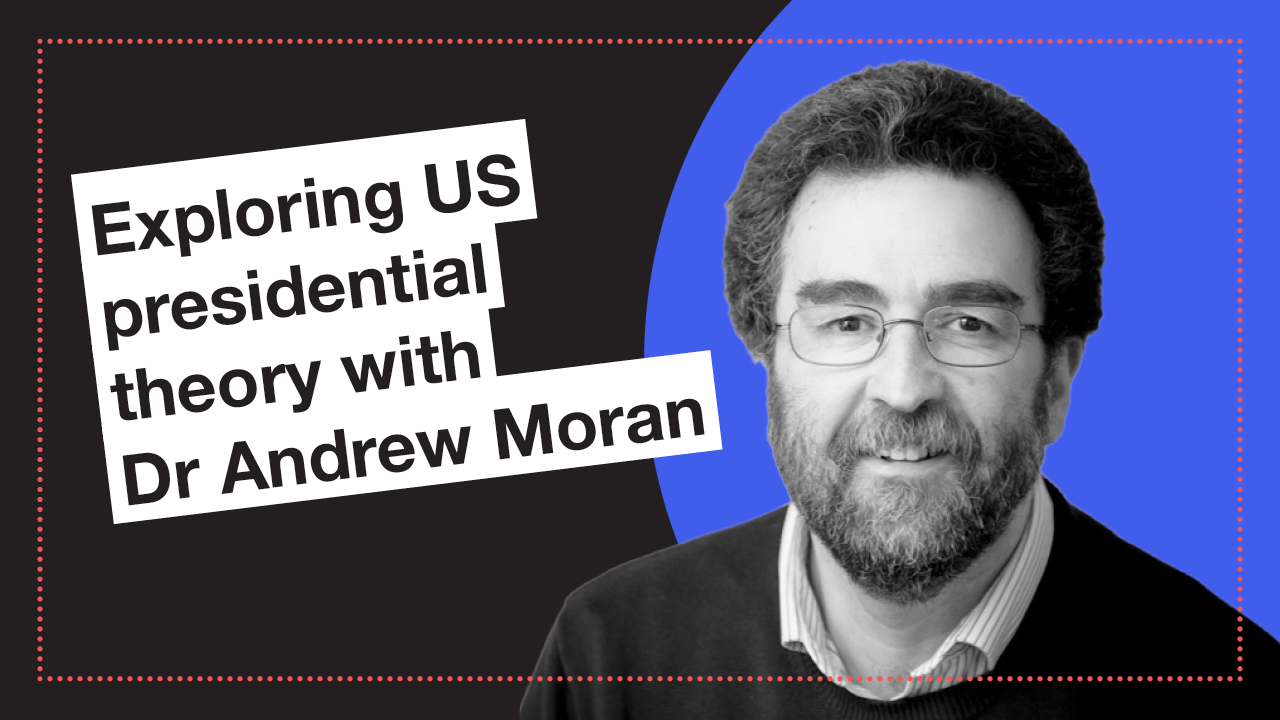
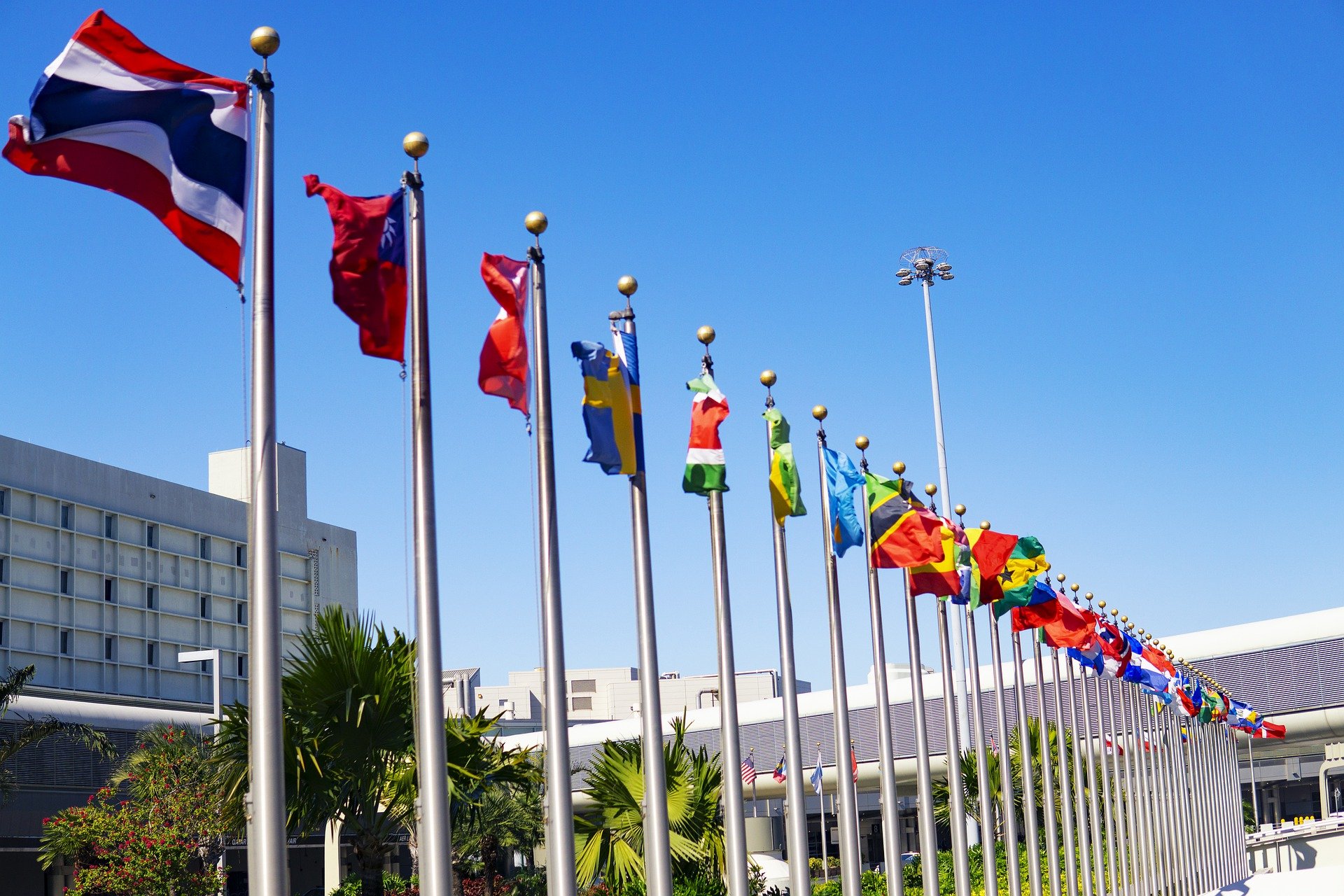
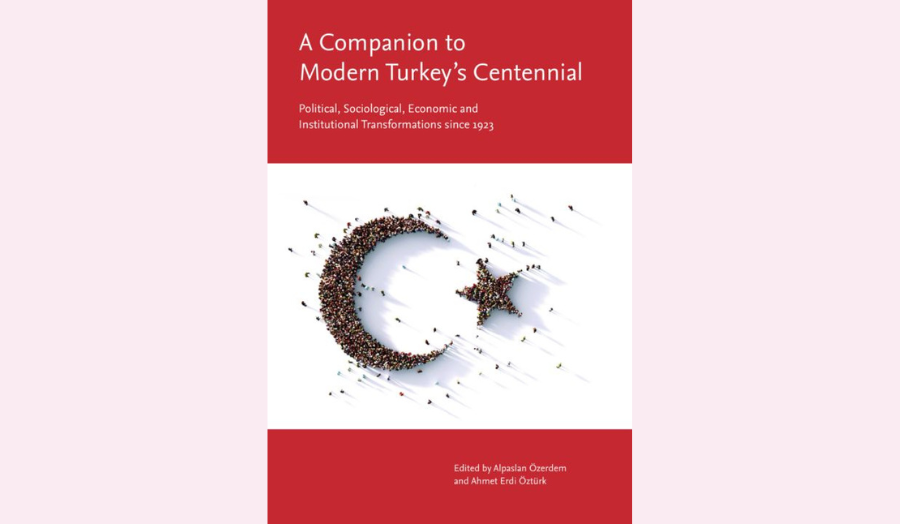
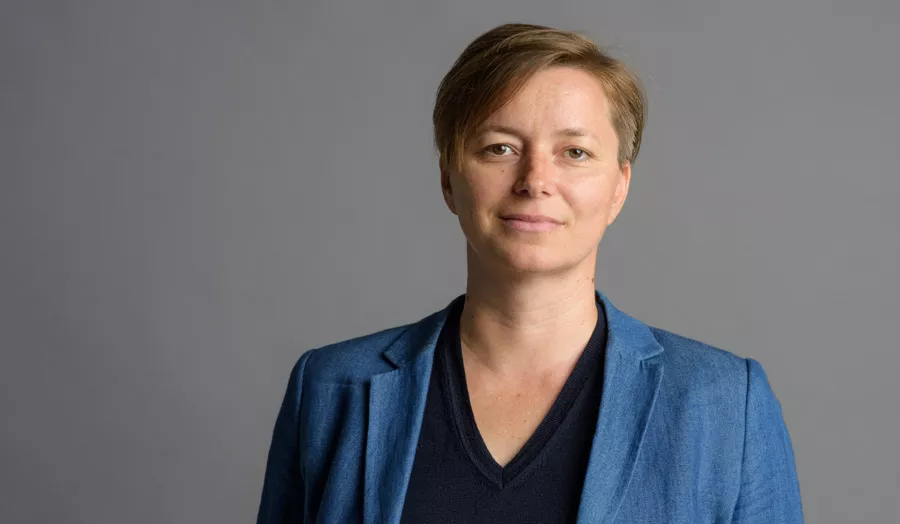

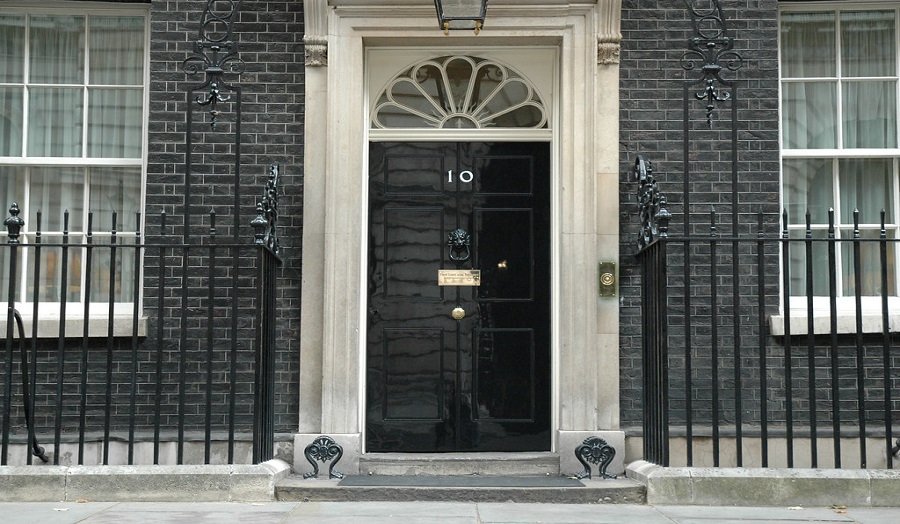
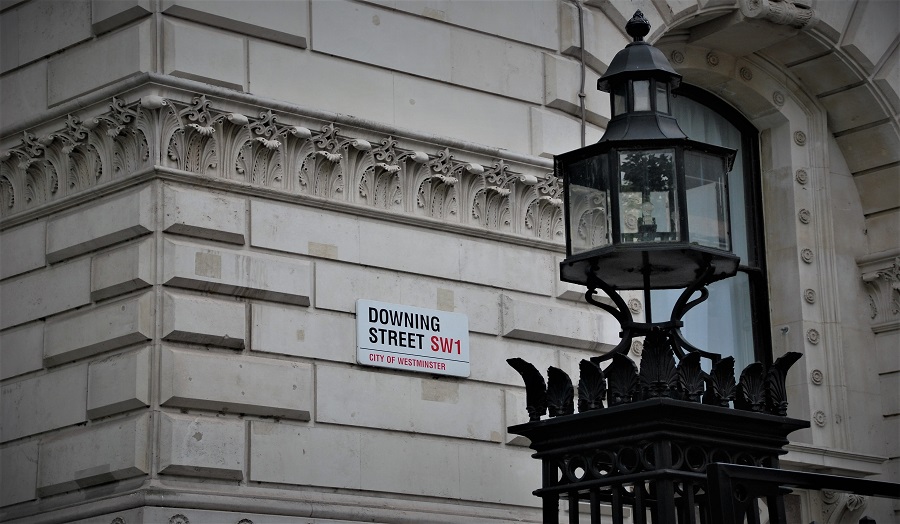
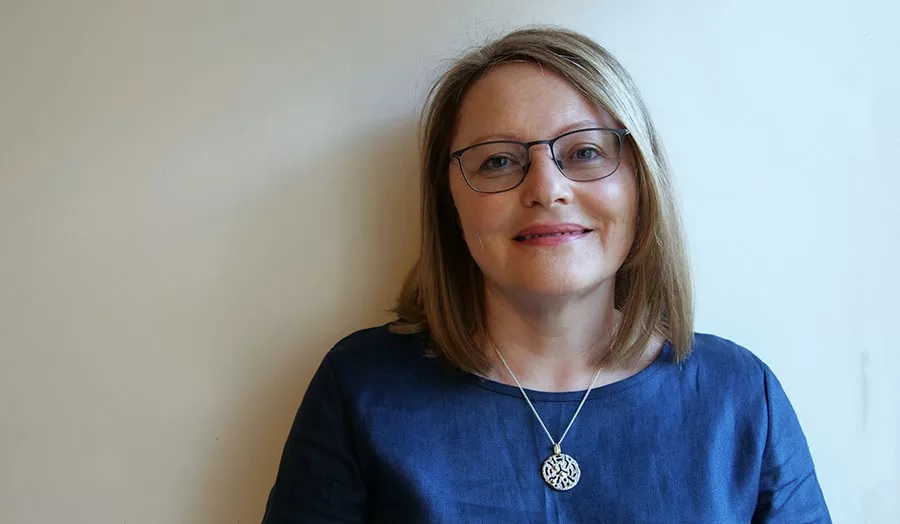
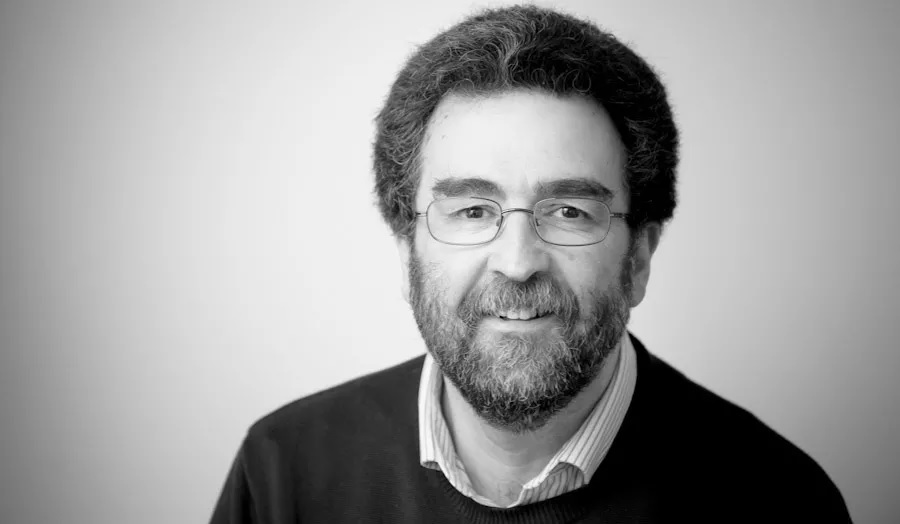
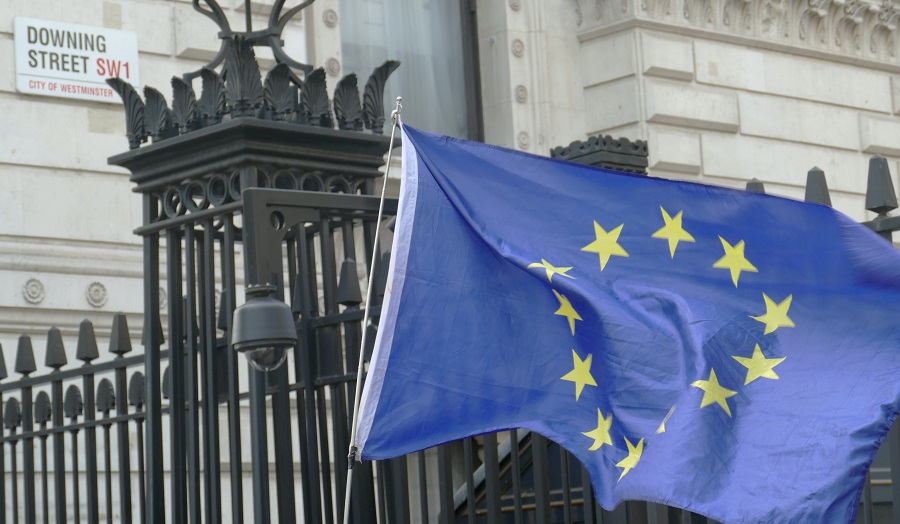
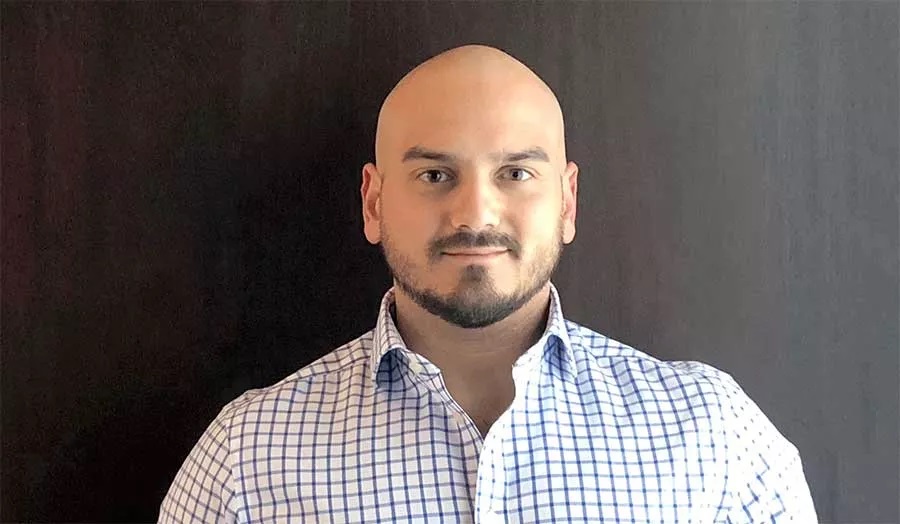
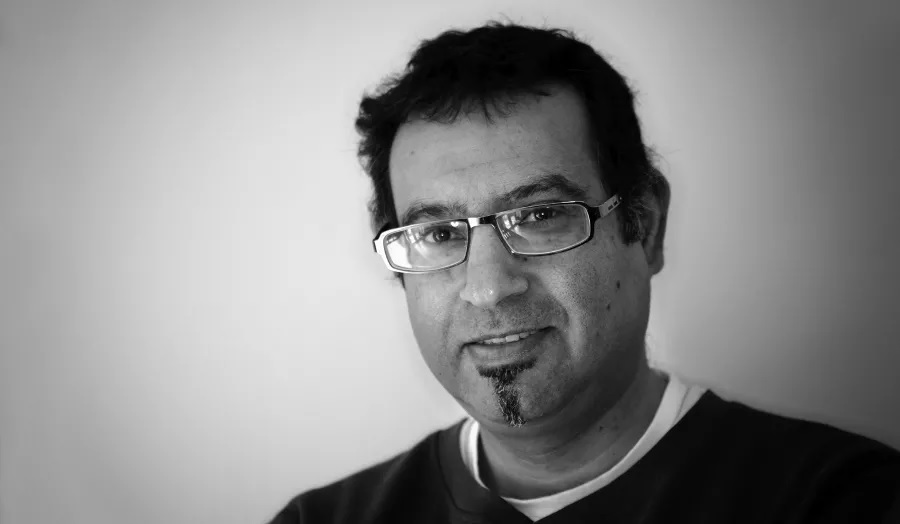
.jpg)
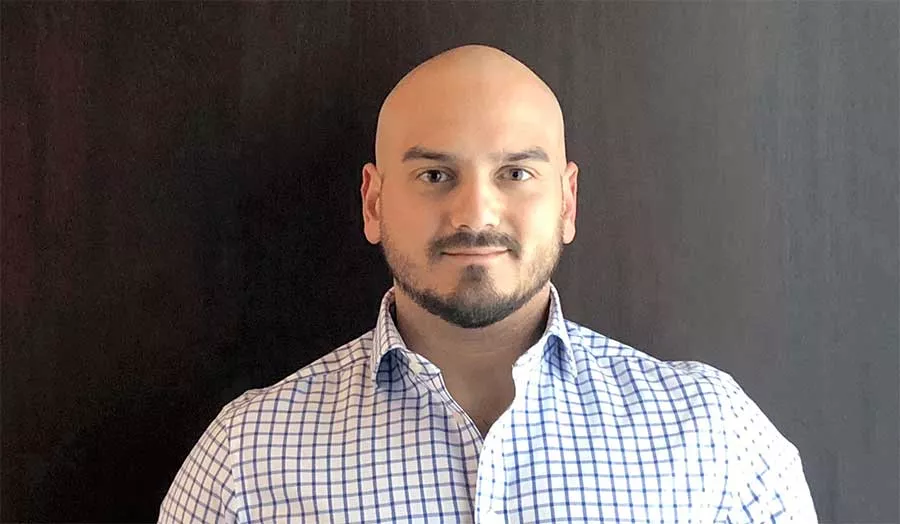
_3.jpg)


